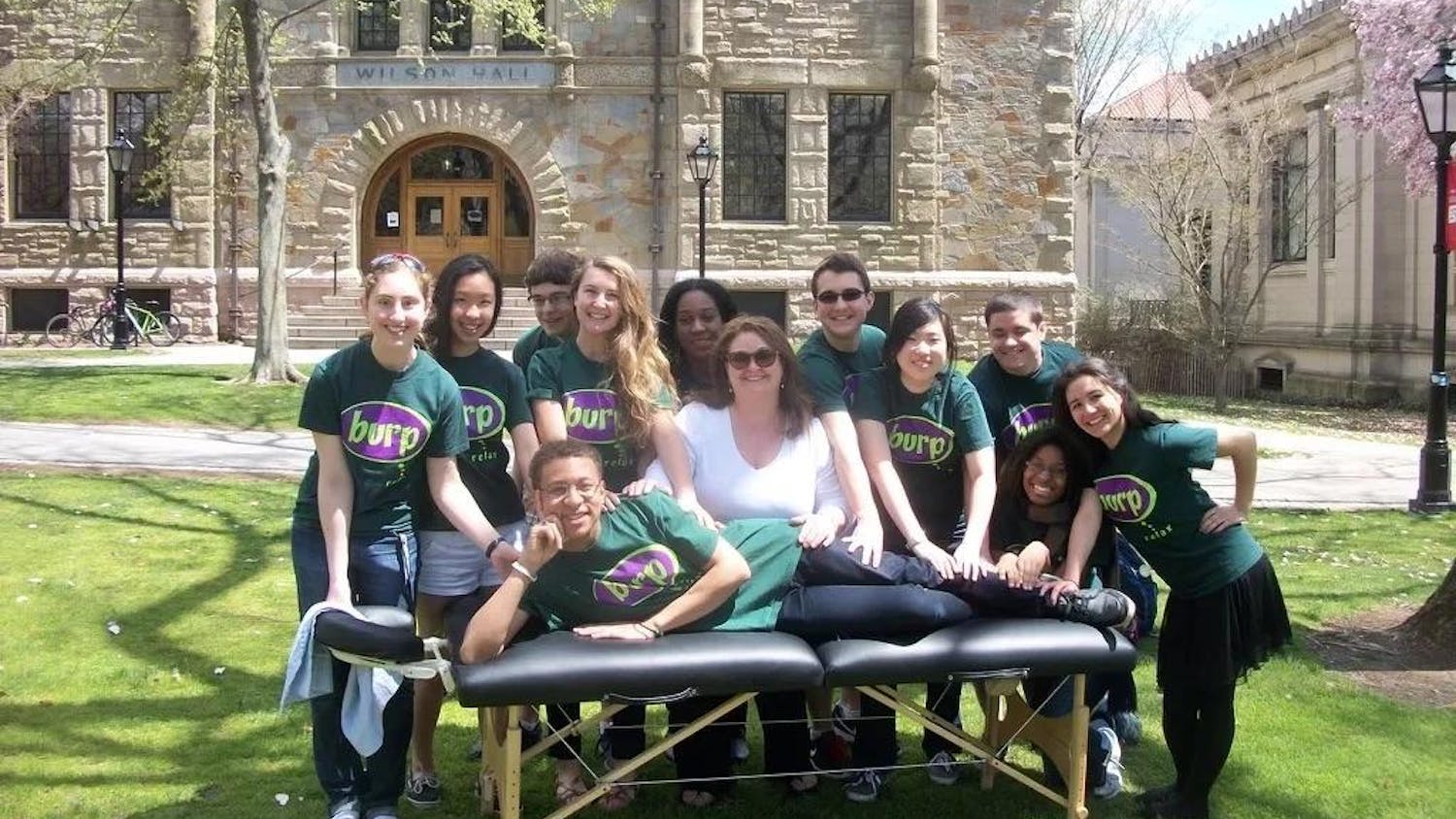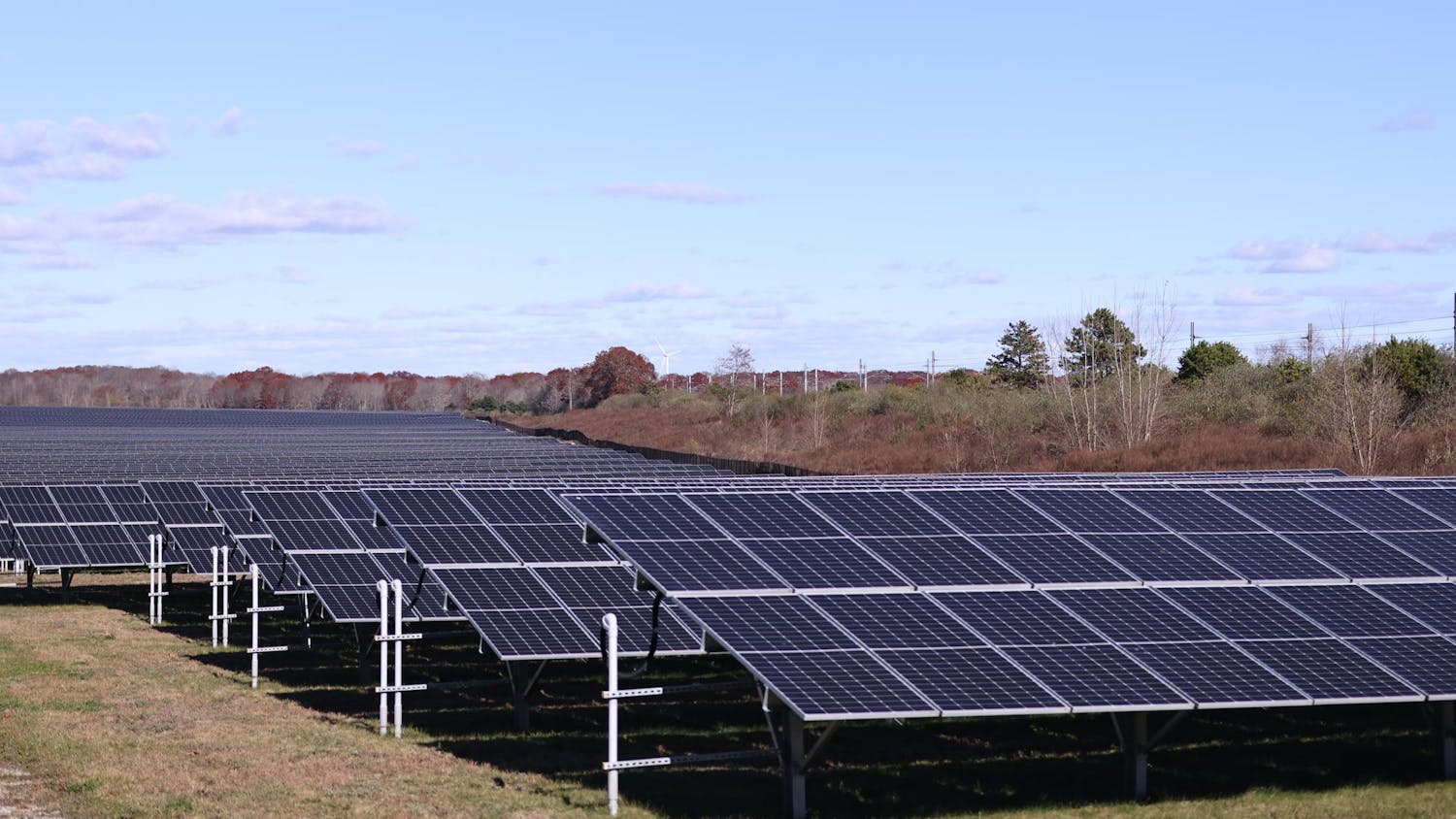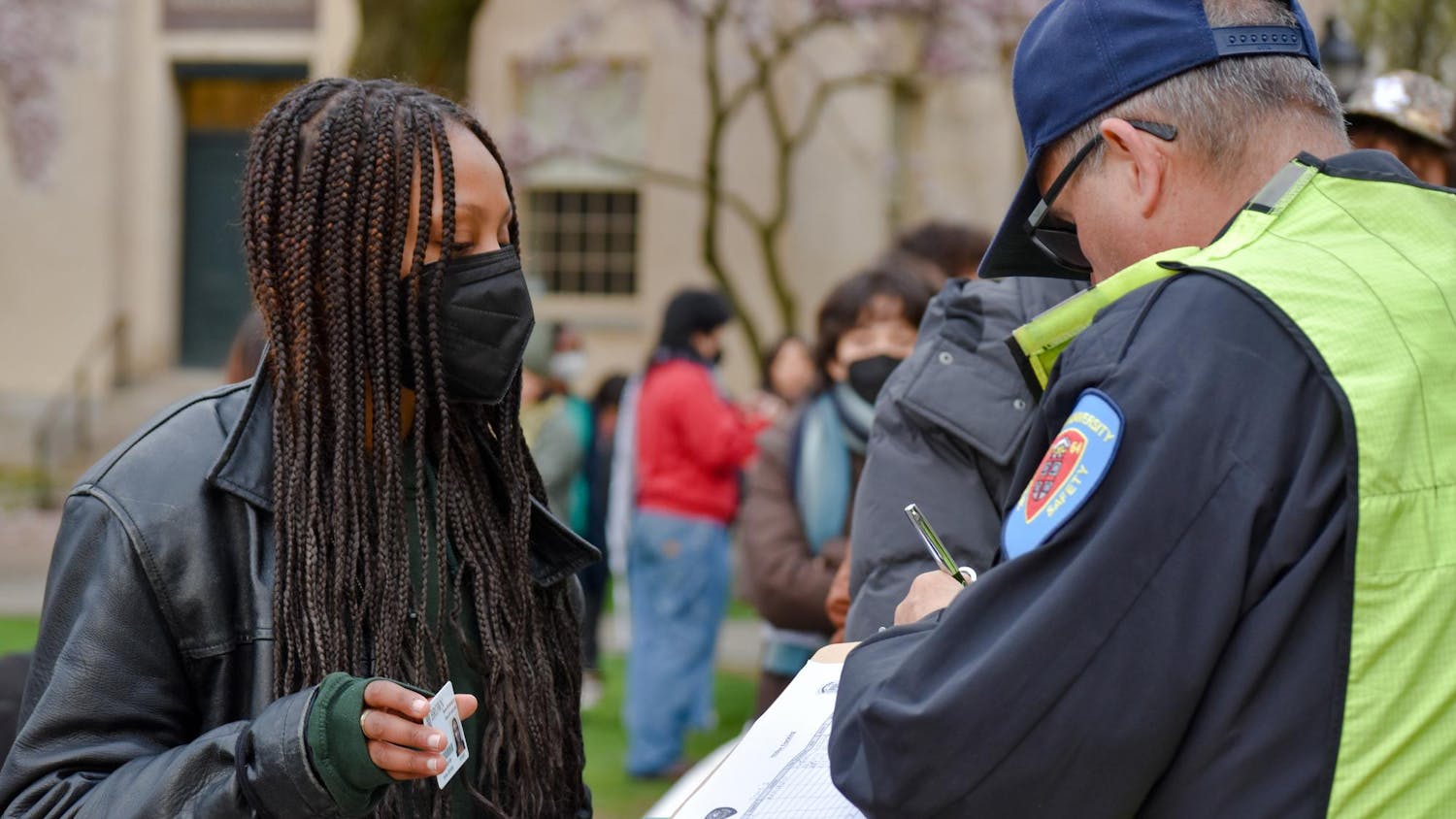Climate change is difficult to predict. But trying to deduce historical precipitation patterns may help us build a model for the weather patterns of the future, geologist Wallace Broecker told a full MacMillan 115 audience Thursday afternoon.
Broecker, a renowned scientist often credited with coining the phrase "global warming," discussed his recent examinations of lakes and cave stalagmites to measure ancient climate cycles in a colloquium sponsored by the Department of Geology.
A professor of geology at Columbia, Broecker is working with a team of scientists to gather data about the past climate patterns of various isolated "closed-basin" lakes‚ from which water can exit only by evaporation and enter only by precipitation.
The growth and shrinkage of these lakes, such as Utah's Great Salt Lake, may provide a good indication of the hydrologic cycles of the past. Lakes, Broecker said, are some of the most "unexploited archives on the planet."
By studying these hydrologic cycles, Broecker and his team have tried to piece together the history of climate change. They plan to plug their historical data into existing computer models of climate change, and in doing so will test the accuracy of the models in extrapolating historical patterns.
If the models can make sense of the ancient data, they may allow researchers to make predictions about the effects of global warming on future climate change.
"This study may turn out to be useless in the future," Broecker said. "But perhaps we'll learn something."
Broecker and his team have been researching lakes in relation to climate patterns for only two years. Thus, although results may be in the offing, "there is an awful lot more to do," he said.
Broecker began his talk by recalling his initial exposure to geology decades ago. After Broecker gave a lecture in Los Angeles, a man with cowboy boots, a cowboy hat and a "big fat pipe" approached him.
"Kid, I can see you know a lot about math and physics," the man said. "But you don't know much about the earth. Come with me for three weeks, and I'll change your life."
So, on a whim, Broecker went. He collected his first geological sample on the trip — to Pyramid Lake in Nevada — and has been in the field ever since.
Broecker, a scientist at Columbia's Lamont-Doherty Earth Observatory, said he was excited to be spending his days researching climate change with energetic young people and "all their new tools."
But he said he still felt able to keep up with the up-and-comers, even though he has been a professor for more than 50 years.
"I still have enough wit to be more than a fossil on its shelf," he said.




